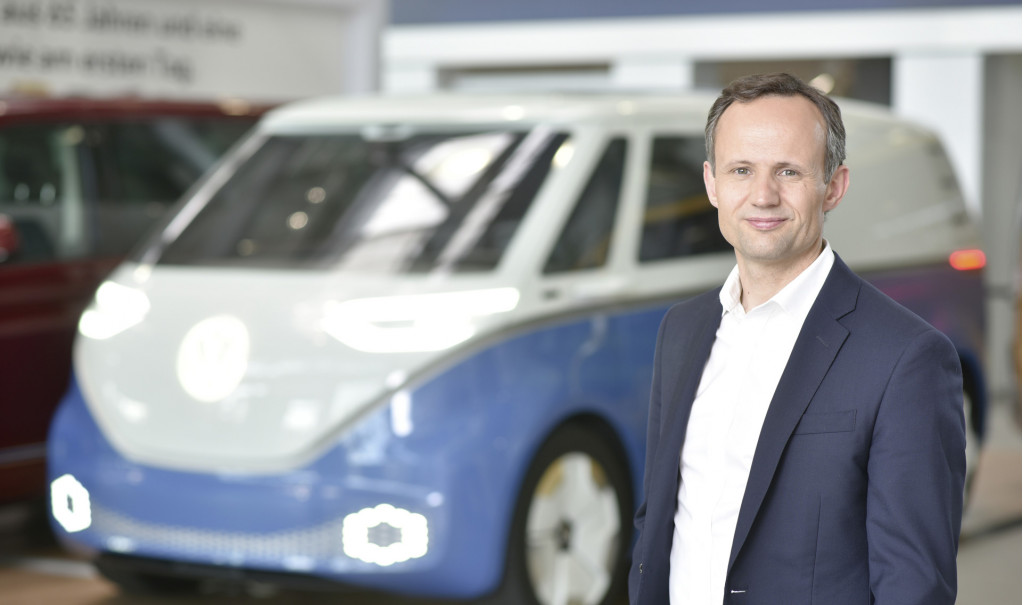Volkswagen Group on Monday announced a new business division whose aim is to bring to market a self-driving system rated at a minimum of Level 4 capability on the SAE scale by around 2025.
The division is called Volkswagen Autonomy (VWAT) and replaces Audi's Autonomous Intelligent Driving (AID) division previously responsible for VW Group's self-driving efforts. AID was merged with Argo AI in July as part of a deal that saw VW Group become a major shareholder in the American self-driving technology company alongside Ford.
VWAT and Argo AI will continue to work together on developing a reliable and robust self-driving system. In fact, VWAT's headquarters is located in Munich, where Argo AI's European headquarters is located. In 2020, a branch in Silicon Valley will be established followed by one in China in 2021.

Alexander Hitzinger
Heading VWAT is Alexander Hitzinger. The German executive joined VW in January from Apple, where he was part of the Project Titan team working on self-driving technology.
"We want to establish Volkswagen Autonomy as a global technology company where we bundle expertise from the automotive and technology industries, combining the agility and creativity of a high-performance culture with process orientation and scalability," he said.
The first services using VWAT's technology will be automated transport for people and cargo in urban areas via self-driving taxis and vans. These will be at Level 4 self-driving capability, meaning full autonomy within specific conditions, the main one being a geo-fenced area. The end goal is to develop a Level 5 self-driving system which will have the same capability as a human driver.

Volkswagen self-driving car prototype testing in Hamburg, Germany - April 3, 2019
The services will be offered through the Volkswagen Commercial Vehicles division. Eventually, we could see cars from VW Group brands offer self-driving capability as the aim of VWAT is to establish its self-driving system as a standard module for all VW Group brands, including driver-focused brands such as Porsche.
VW Group is already testing self-driving cars on public roads. The prototypes feature 11 laser scanners, seven radars and 14 cameras and gather approximately five gigabytes worth of data for every minute of driving, which is then processed by artificial intelligence software to make driving instructions. The system is designed to predict all possible outcomes 10 seconds into the future in order to be best prepared. And it re-evaluates the situation multiple times every second.
Rivals to VWAT include Alphabet Inc.'s Waymo, General Motors' Cruise, Tesla's Network, and new joint ventures between Hyundai and Aptiv, and BMW and Daimler, just to name a few.
